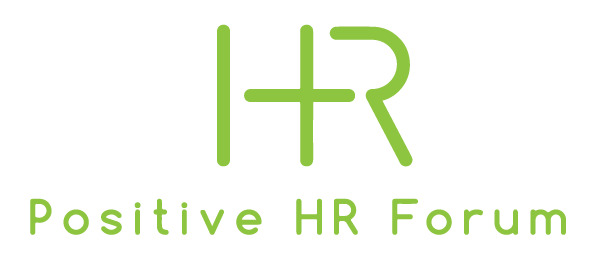
24 Nov Leadership Development
“Now looking back at all we’ve planned, we’ve let so many dreams just slip through our hands.”
“Do you know where you’re going to” written by Michael Masser and Gerald Goffin
The first time my wife and I visited a place called “Cartagena” on the South East coast of Spain, we had an interesting tour around the ruins of an old Roman Theatre that had been built there. However, the second time we made that visit was so much more rewarding.
The reason? Well, between the two visits I had taken an interest in European History and learning to speak Spanish. What a difference that made!
My curiosity to learn about European History was actually sparked by a rather impulsive purchase of an old national geographic book called “The Story of America” from a second-hand store in Oklahoma. I thoroughly enjoyed reading about the history of America and it gave me a whole new understanding of the origins of the United States.
That led on to an interest in European history, and as it happens, to learn about the background to the building of that Roman Theatre in “Cartagena”. Along with my little bit of Spanish, I was able to piece together some of the history of the period from the exhibits in the museum, and this made our second visit so much more rewarding.
What are we doing by way of personal development to make sure that we don’t let “so many dreams just slip through our hands”?
So how do we go about Leadership Development?
GOLD: Goal-Oriented Leadership Development
Goal 1: Performance
This Goal provides the foundation for the GOLD program. It involves understanding the Requirements, or what the people in your team do (your direct reports) to perform their jobs successfully. Many people who move to a leadership role will have spent some time on the job. As a control system design engineer I studied engineering, learned about engineering design, and I spent several years at the entry-level, designing control systems, having them installed, and then commissioning them.
For the leader, it is important that they understand what needs to be done, although it is not necessarily important to know how these things are done.
Goal 2: Position
This Goal includes the minimum entry requirements expected for someone newly appointed to a leadership Role. At this level, it is expected that the new leader will have acquired sufficient skills to be able to start in their new role. There is further work expected from them, however, for them to become fully competent in their role, as described in the further Training Levels below.
Someone performing well at this level would:
- be fully capable of managing their team without external support,
- would know where to turn for additional support to “get back to” someone with an answer,
- would know where to turn for immediate response to identified urgent situations.
Goal 3: Permission
This Goal is all about developing relationships with all of the people in the extended team, sometimes termed 360 relationships. This is about developing Relationships with people above, below and beside them, that is with:
- the people who report to them
- the person to whom they report, their leader
- their peers who report to the same leader
- their peers who report to a different leader
This will involve getting to know each person and their unique personality, the things that motivate them, their strengths and challenges, their spiritual gifts, their families, their hobbies and interests, and anything else relevant to developing and building an effective relationship with them.
Someone performing well at this level would:
- lookout for opportunities to catch people doing something right and celebrate that,
- celebrate life events with their team,
- know when people may need support either in their role or in other life circumstances.
Tools that can help with understanding personality types include DISC, MBTI, Motivational Maps and EQi2.0 and EQi 360 (Emotional Intelligence) among many others.
Goal 4: Production
This Goal is all about developing the capabilities needed to achieve all of the expected outcomes and Results, and how to become a fully effective leader in this role. A leader performing well at level 3 would be achieving all that could be expected from a person in their role and would help their peers to develop where needed.
This level is focused on the leader knowing what makes a great team, and how to recognise where they fall short so that they can focus their attention on addressing the shortfall.
Someone performing well at this level would:
- be experienced in performing all of the duties expected from them, and achieving a consistently high level of performance in all aspects.
- be expected to know what each team member would count as success for them, which may be different for each person.
- be able and willing to help their peers know how to develop.
Goal 5: People Development
This Goal is about developing the leader’s direct reports and will include activities for their personal development: development in their current role, development for activities outside their current role, and development towards taking on a more senior role. This level is about Re-production, about developing those in your team to be able to take over your current role, and about working yourself out of a job.
Someone performing well at this level would:
- ensure that every member of their team develops and grows to their most appropriate team level
- encourage every member of their team to develop themselves in activities that inspire them (whether or not related to their current team)
- provide one-on-one mentoring and/or coaching for selected people in their team
Goal 6: Pinnacle
This Goal is about the things that a leader may do that are above and beyond the fully-functioning leader. This level is about cultivating continuous improvement and looking out for ways to improve the experience for our clients.
Someone performing well at the level would:
- be developing a reputation and cultivating respect outside of their own team.
- volunteer occasionally to support a focus group or similar initiative
- identify new initiatives that would improve the effectiveness of the organisation
Blog written by: Roger Fairhead


